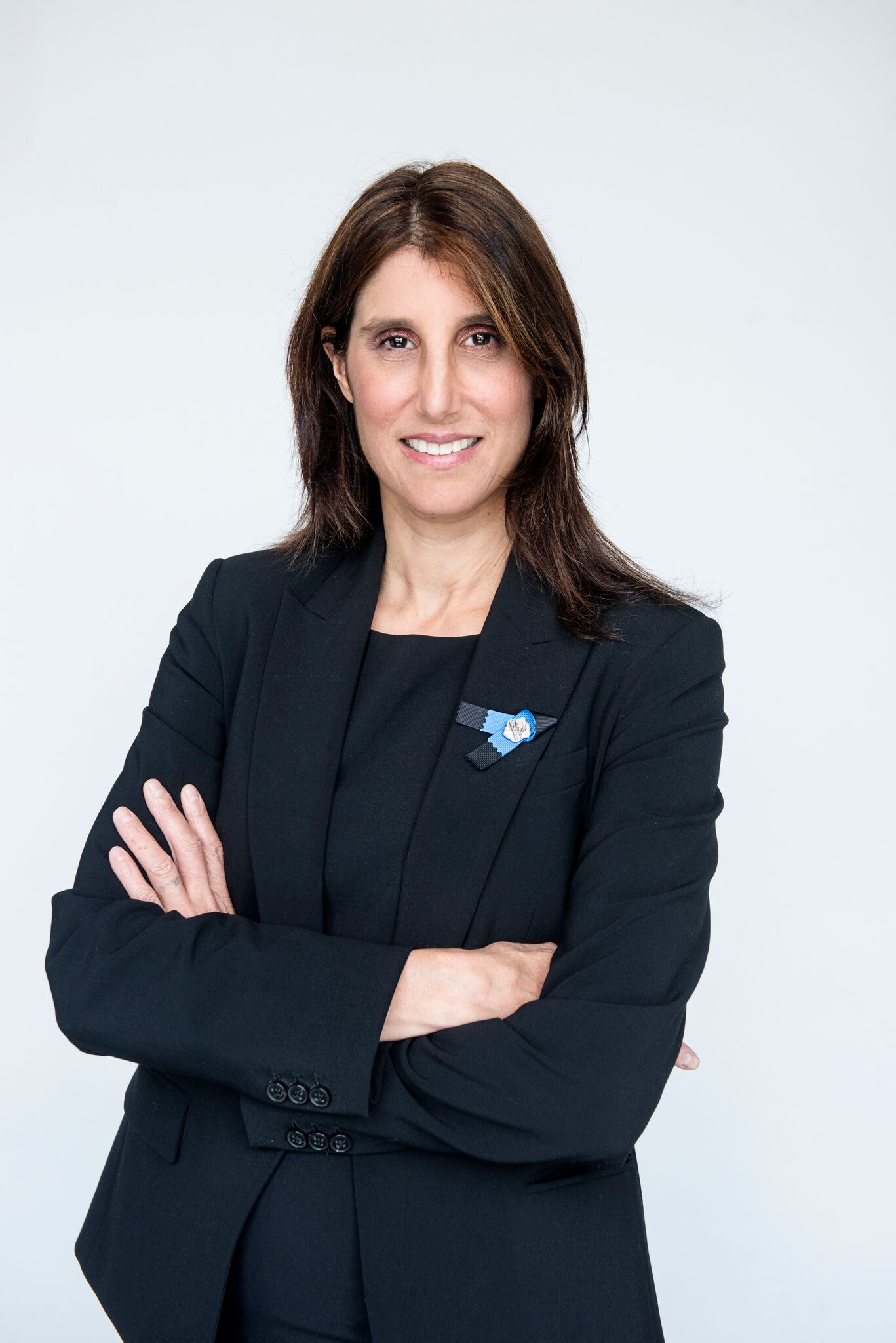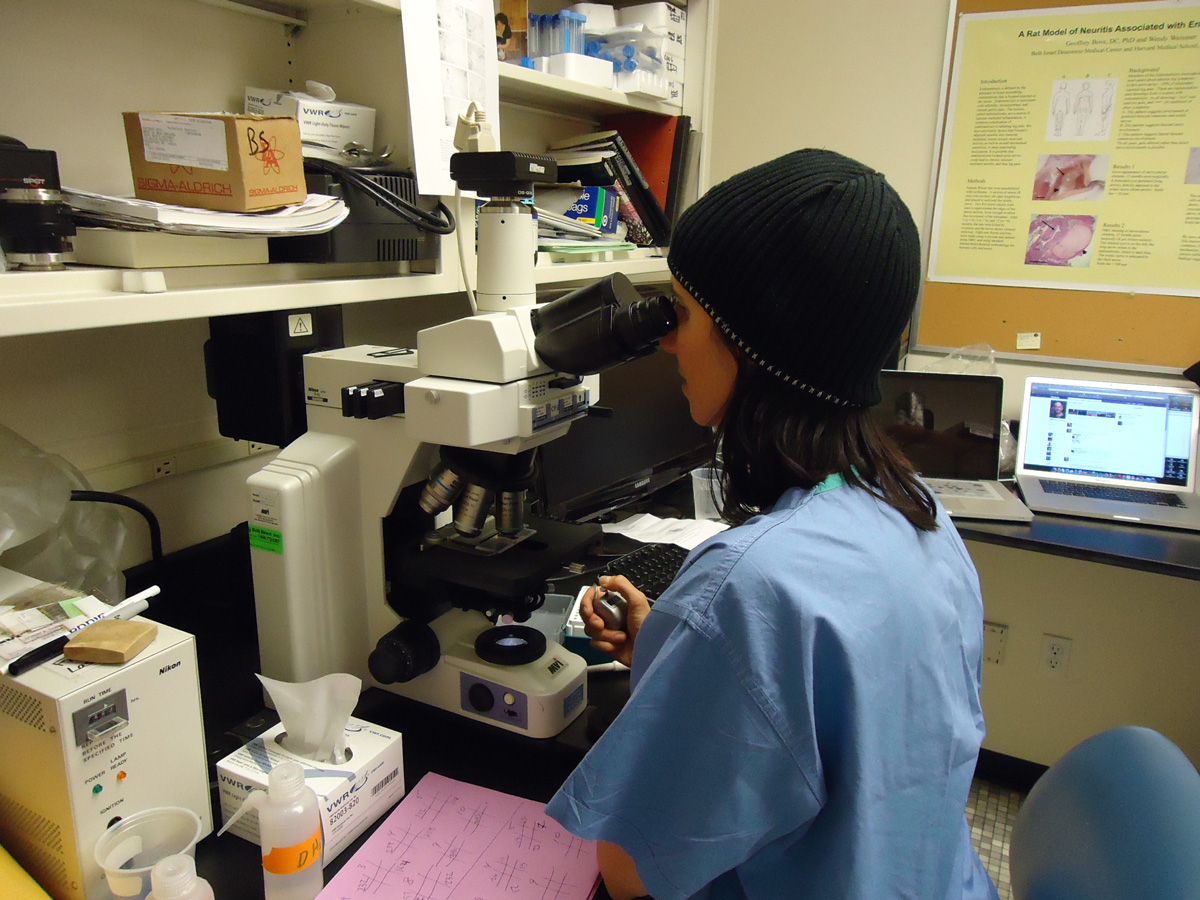Breast Surgery Treatment and Education
I have been working with breast surgery patients to help them on the road to recovery for over 25 years in clinical practice, research and education.
Breast surgeries including; mastectomy or other cancer surgeries, reconstruction, augmentation or reduction often leads to chronic and debilitating upper limb dysfunction, pain, or lymphedema requiring a specific, evidence-based approach to upper-limb and breast treatment. Prevention of adhesions, scars and lymphatic related issues requires early intervention, and understanding of the tissues involved as well as what is possible to help heal faster.
Before you undergo surgery, understanding what is involved with recovery, when you can get back to exercising or introducing movement to your tissue can be a challenge when struggling with life-altering diagnoses. How medications can affect your recovery and the side effects such as neuropathies (numbness in your hands and feet), as well as prevention of nerve related issues is critical to moving on from surgery and returning to a more pain-free life.
Helping patients and therapists understand surgery, treatment and recovery is as easy as a 1-hour phone call or treatment. Teaching about lymphatic webbing, scar and adhesion formation, nerve involvement and neuropathy in easy to understand language is essential to a better, more informed recovery.


You’re in great hands...
I have chosen to focus my practice on visceral, post-surgical, and adhesion treatment because of the lack of expertise and communication I have experienced in this field over my career. The amount of surgeries that women can experience in a lifetime is significant. This led me into clinical research in order to truly understand the mechanisms of healing and to be able to help those who have suffered in their recovery.
As a dedicated researcher and expert in this area, after 25 years of having successfully treated patients in my practice, I’m uniquely qualified to translate the highly complex medical and injury jargon into easily understandable language accessible to those who really want to take control of a loved one or your own personal healthcare experience.

For Patients
Are You Going For Surgery? Here's what You Need to Know.
Do you have a surgery planned and need some help understanding how to achieve the best after-care?
Would you like to learn how to decrease your chances of scarring or adhesion formation with self-care, physiology and movement?
Book this consult if you or a loved one is experiencing unexpected outcomes from surgery or from an impact injury.
For Medical Practitioners
I work directly with physicians, chemotherapy and orthopedic clinics on tissue education programs for post-surgical care and injury rehabilitation. The conversation between therapist and patient needs to be simple and clear, with the ultimate result being a thorough understanding of the effects of scarring and adhesions on structures and interfaces in order to reduce pain. It’s my goal to ensure all therapists are capable and completely confident of instructing patients on the mechanism and timing of their injury, as well as communication around home care and exercise.
When working with breast cancer patients, a deep understanding of the anatomy, physiology, pathophysiology, and biomechanics involved before and after treatment is crucial.
Treatment methods that emphasize the importance of neuroanatomy and lymphatic systems are ideal and the anatomy and treatment of both healthy and pathological breast tissues need to be addressed.
Therapists who want to increase their ability to safely and effectively instruct patients on the mechanism and timing of their injury, as well as prescribe home care, can book a consultation HERE

Available Workshops:
- A Scientific Approach to Scars & Adhesions [internal link to section on Speaking page]
- Advanced Manual Treatment of Post-Surgical Cancer Patients [internal link to section on Speaking page]
*Due to COVID-19 in person teaching will be limited to smaller, private groups. Please contact me for details.
